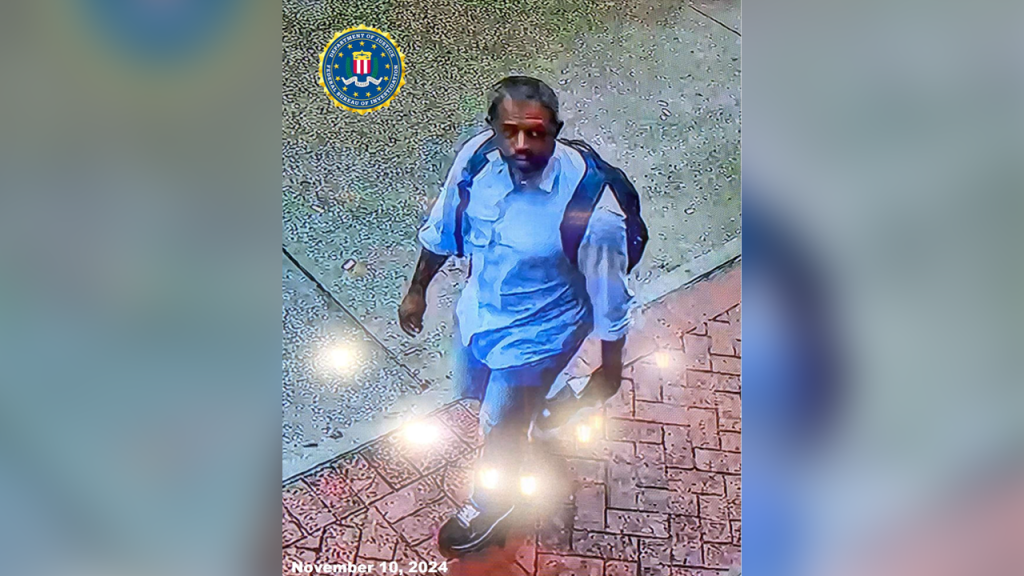The FBI continues to unravel the events leading up to the devastating New Year’s Day terrorist attack on Bourbon Street in New Orleans, releasing new information about the perpetrator, Shamsud-Din Jabbar, and his meticulous planning. Jabbar’s internet search history paints a disturbing picture of his premeditation, revealing a fascination with Bourbon Street’s vulnerabilities, particularly balcony access, and a keen interest in past shootings and the dynamics of Mardi Gras celebrations. These searches extended as late as mid-November, indicating a sustained focus on the location and potential targets. Chillingly, just hours before the attack, Jabbar researched the Christmas market truck attack in Germany, suggesting a last-minute examination of a similar attack methodology.
Jabbar’s actions in the months preceding the attack further underscore his calculated approach. In November, he travelled from Houston to New Orleans, exploring an apartment for rent on Orleans Street. While he initially applied for the apartment, he later rescinded his application, perhaps reconsidering his logistical needs. More alarmingly, he used Meta smart glasses to surreptitiously record videos of the French Quarter while cycling through the area, likely conducting reconnaissance and familiarizing himself with the terrain he would later use for his deadly assault. These actions, coupled with his online activity, showcase a premeditated and deliberate plan.
The FBI has also delved into Jabbar’s travel history, revealing trips to Cairo, Egypt, and Ontario, Canada, in the summer of 2023. While the precise nature of these trips remains under investigation, they form part of a broader effort to understand potential external influences or connections that may have contributed to his radicalization. Investigators have determined that Jabbar underwent a significant ideological shift in 2022, becoming a more devout Muslim and subsequently embracing extremist views in the spring of 2024. This timeline suggests a relatively rapid radicalization process, raising concerns about the efficacy of online extremist propaganda and the speed at which individuals can be influenced.
FBI Director Christopher Wray has publicly stated that Jabbar appears to have been radicalized online and motivated by ISIS ideology. This assertion highlights the pervasive threat of online extremism and the ability of terrorist organizations to reach and influence individuals remotely. The evolving narrative of Jabbar’s radicalization emphasizes the need for increased vigilance in monitoring online extremist content and developing strategies to counter its insidious influence. The attack serves as a stark reminder of the enduring threat of terrorism, even within domestic borders, and the importance of understanding the complex factors that drive individuals to commit such acts.
The attack’s impact continues to reverberate throughout the community, with the FBI revising the number of injured to 57, a significant increase from the initially reported 35. In total, 136 victims have been identified, including two businesses that sustained damage. The scale of the devastation underscores the horrific consequences of Jabbar’s actions and the enduring trauma inflicted upon the city of New Orleans. The FBI remains committed to providing answers to the victims and their families, meticulously piecing together the events leading up to the attack and seeking justice for those affected.
The investigation remains active, and the FBI is appealing to the public for assistance. Anyone with information, photos, or videos related to the attack is urged to contact the FBI through their dedicated website or the provided hotline. The collective effort to understand the motivations and circumstances surrounding this tragedy is crucial not only for bringing closure to the victims but also for preventing future acts of terrorism. The information gleaned from this ongoing investigation will be invaluable in informing counterterrorism strategies and strengthening national security measures.

